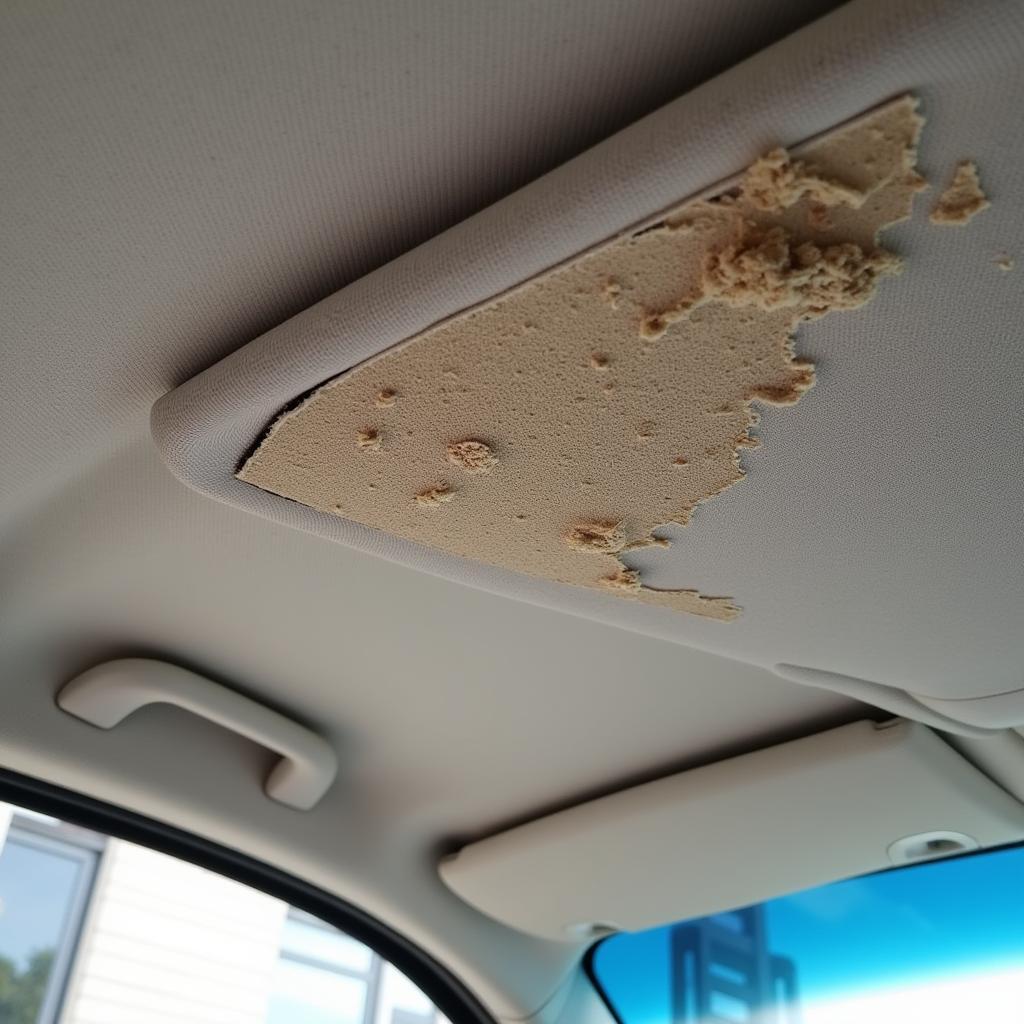When choosing between a diesel or gas car, maintenance costs often slip our minds as we get swept up in fuel efficiency and horsepower figures. But trust me, understanding the long-term maintenance needs of each engine type can save you a significant amount of money and headaches down the road.
This comprehensive guide dives deep into the intricacies of Diesel Vs Gas Car Maintenance, equipping you with the knowledge to make informed decisions about your vehicle’s upkeep.
Under the Hood: Key Maintenance Differences
While both diesel and gas engines share some common maintenance requirements like oil changes and filter replacements, their inherent design differences lead to unique maintenance needs.
Diesel Engines: Built to Last, But Demand Attention
Diesel engines, known for their longevity and fuel efficiency, require specific maintenance procedures due to their robust build and combustion process.
- Fuel System: Diesel fuel systems operate at higher pressures and require specialized filters to combat the presence of contaminants. Regular fuel filter replacements are critical to prevent costly injector damage.
- Emissions System: Modern diesel cars are equipped with complex emissions systems, including diesel particulate filters (DPFs) and selective catalytic reduction (SCR) systems, which require periodic maintenance to function optimally.
- Glow Plugs: Unlike spark plugs in gasoline engines, diesel engines utilize glow plugs to heat the combustion chamber for cold starts. These glow plugs need to be checked and replaced periodically to ensure reliable engine starting.
Gas Engines: Simpler Design, Familiar Maintenance
Gasoline engines, while less fuel-efficient than their diesel counterparts, often involve simpler and potentially less expensive maintenance procedures.
- Spark Plugs: Responsible for igniting the air-fuel mixture, spark plugs in gasoline engines require regular replacement based on the manufacturer’s recommendations.
- Oxygen Sensors: These sensors monitor the oxygen content in the exhaust gases, providing crucial data to the engine control unit (ECU) for optimal fuel-air mixture regulation. Like spark plugs, they have a service life and need replacement at specific intervals.
Cost Comparison: Factoring in the Long Haul
While maintenance costs fluctuate depending on vehicle make, model, and usage, understanding the general trends can guide your decision-making process.
- Diesel Cars: Initial maintenance costs for diesel cars can be higher due to specialized parts and more frequent service intervals for components like fuel filters and emissions systems.
- Gas Cars: Gasoline cars, on the other hand, often have lower initial maintenance costs. However, certain components like spark plugs and oxygen sensors may require more frequent replacement compared to their diesel counterparts.
Expert Insight:
“Choosing between a diesel and gas car is a personal decision influenced by various factors,” says John Miller, a seasoned automotive engineer with over 20 years of experience. “While diesel cars might demand slightly higher initial maintenance costs, their long-term reliability and fuel efficiency can lead to significant savings over the vehicle’s lifespan.”
Making the Right Choice: Factors to Consider
The “diesel vs gas” debate extends beyond just maintenance costs. Consider these factors to make an informed decision:
- Driving Habits: Frequent long-distance driving might make a diesel car more economical due to its fuel efficiency. However, for predominantly city driving with frequent short trips, a gas car might be more suitable.
- Budget: Factor in both the initial purchase price and long-term maintenance costs associated with each fuel type.
- Environmental Impact: Diesel engines, while known for better fuel economy, generally have higher particulate matter emissions compared to gas engines.
Low maintenance cars in India 2022 can provide a starting point for your research if you prioritize ease of maintenance.
Preventive Maintenance: Your Car’s Best Friend
Regardless of your choice, adhering to a preventative maintenance schedule is crucial for the health and longevity of your vehicle.
- Regular Servicing: Follow the manufacturer’s recommended service intervals for oil changes, filter replacements, and other essential maintenance tasks.
- Fluid Checks: Regularly check and top off essential fluids like engine oil, coolant, brake fluid, and power steering fluid.
- Visual Inspections: Periodically inspect your vehicle for any visible signs of wear and tear, leaks, or damage.
Maintenance on truck versus cars shares insights into the varying maintenance demands of different vehicle types.
Conclusion:
Navigating the complexities of diesel vs. gas car maintenance requires a thorough understanding of each engine type’s unique needs. By weighing the factors discussed and embracing preventative maintenance practices, you can ensure your vehicle remains a reliable companion for years to come.
Need expert advice on car maintenance? Contact AutoTipPro at +1 (641) 206-8880 or visit our office at 500 N St Mary’s St, San Antonio, TX 78205, United States. We’re here to help you make informed decisions about your car’s well-being.






Leave a Reply